The Rise of Decentralized Finance: How DeFi is Changing the Way We Manage our Money
Decentralized finance, or DeFi, is revolutionizing how we think about finance. The rise of DeFi in the Crypto ecosystem is changing how we interact with money and financial services.

Decentralized finance, or DeFi, is revolutionizing how we think about finance. The rise of DeFi in the Crypto ecosystem is changing how we interact with money and financial services.
DeFi is a term that describes a wide range of financial services and applications built on blockchain technology. These services include lending, borrowing, trading, and more. The key difference between DeFi and traditional finance is that DeFi is built on a decentralized network of nodes rather than a centralized institution. This means that DeFi is permissionless or open to anyone, anywhere in the world, and is not controlled by any one institution or government.
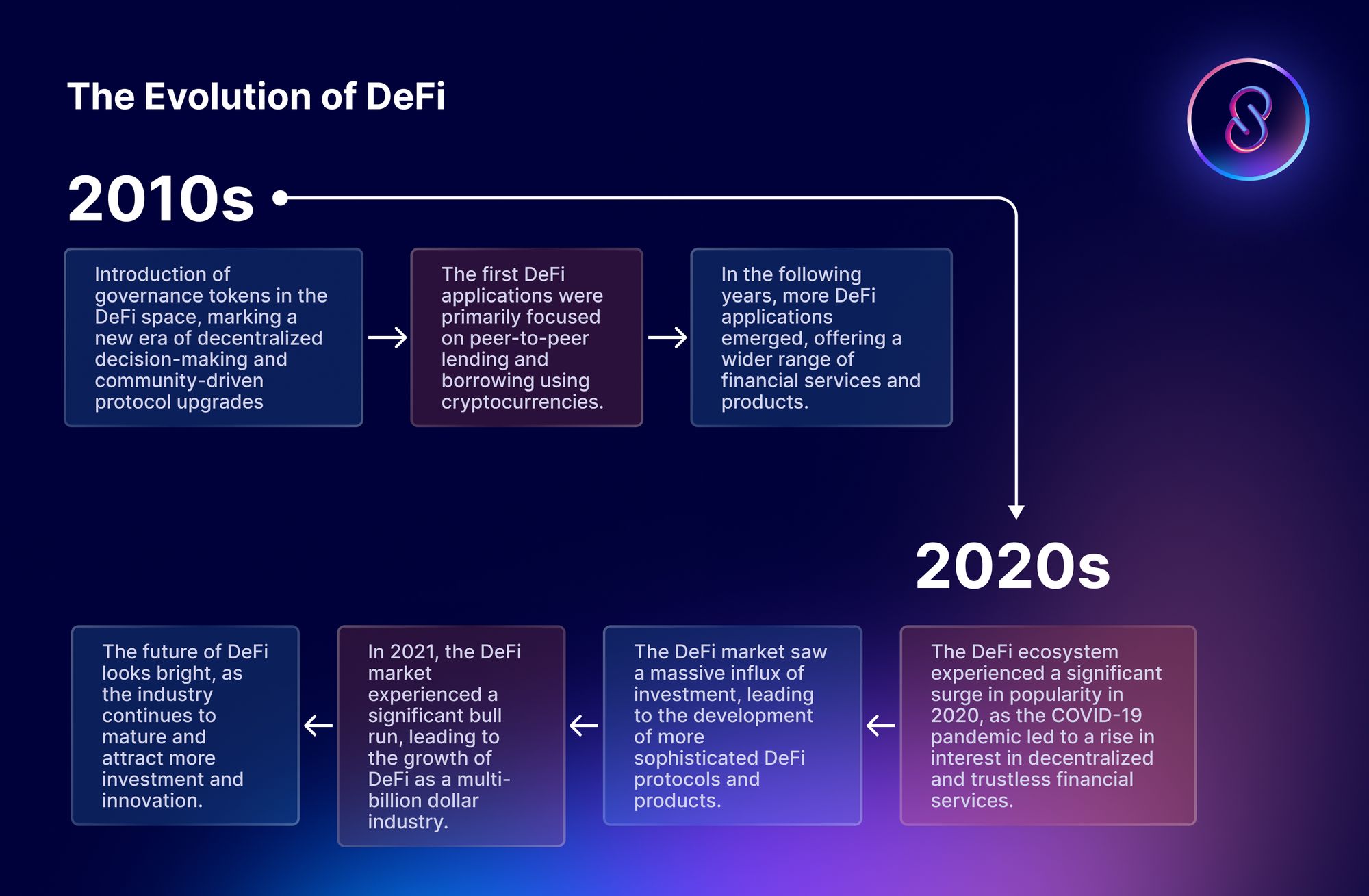
DeFi has significant advantages when built on the Internet Computer Blockchain compared to others. The Internet Computer blockchain is a decentralized network that allows for the creation of DeFi applications and is designed to be fast, secure, and scalable, making it an ideal platform for DeFi, especially once the integration of Bitcoin and Ethereum has been incorporated into the InfinitySwap AMM and Bitfinity Wallet.
The ICP blockchain is also designed to be interoperable, meaning it can interact with other blockchain networks and traditional financial systems. This makes it possible for DeFi applications on the ICP blockchain to be used by people all over the world, regardless of their location or financial situation.
One of the main advantages of DeFi is the ability to access financial services without the need for a centralized institution. This means that people in countries with limited access to financial services can now access lending, borrowing, and trading services. This is particularly important for people in developing countries, where traditional financial services are often not available. Therefore, DeFi can be seen as the next iteration of global finance, empowering new, young, and emerging economies in developing nations with young populations that have previously been excluded.
The main advantage of DeFi is, therefore, the ability to access financial services without the need for intermediaries. This means that people can interact with financial services directly rather than through a bank or other intermediary. This reduces the costs of financial services, as intermediaries are not needed. This also means that people have more control over their financial interactions, as they are not reliant on intermediaries to facilitate these interactions.
DeFi also allows for greater transparency in financial transactions. Blockchain technology is inherently transparent, meaning all transactions are recorded on the blockchain. This ensures that people can see exactly where their money is going and how it is used. This is particularly important for people in countries where financial transparency is limited.
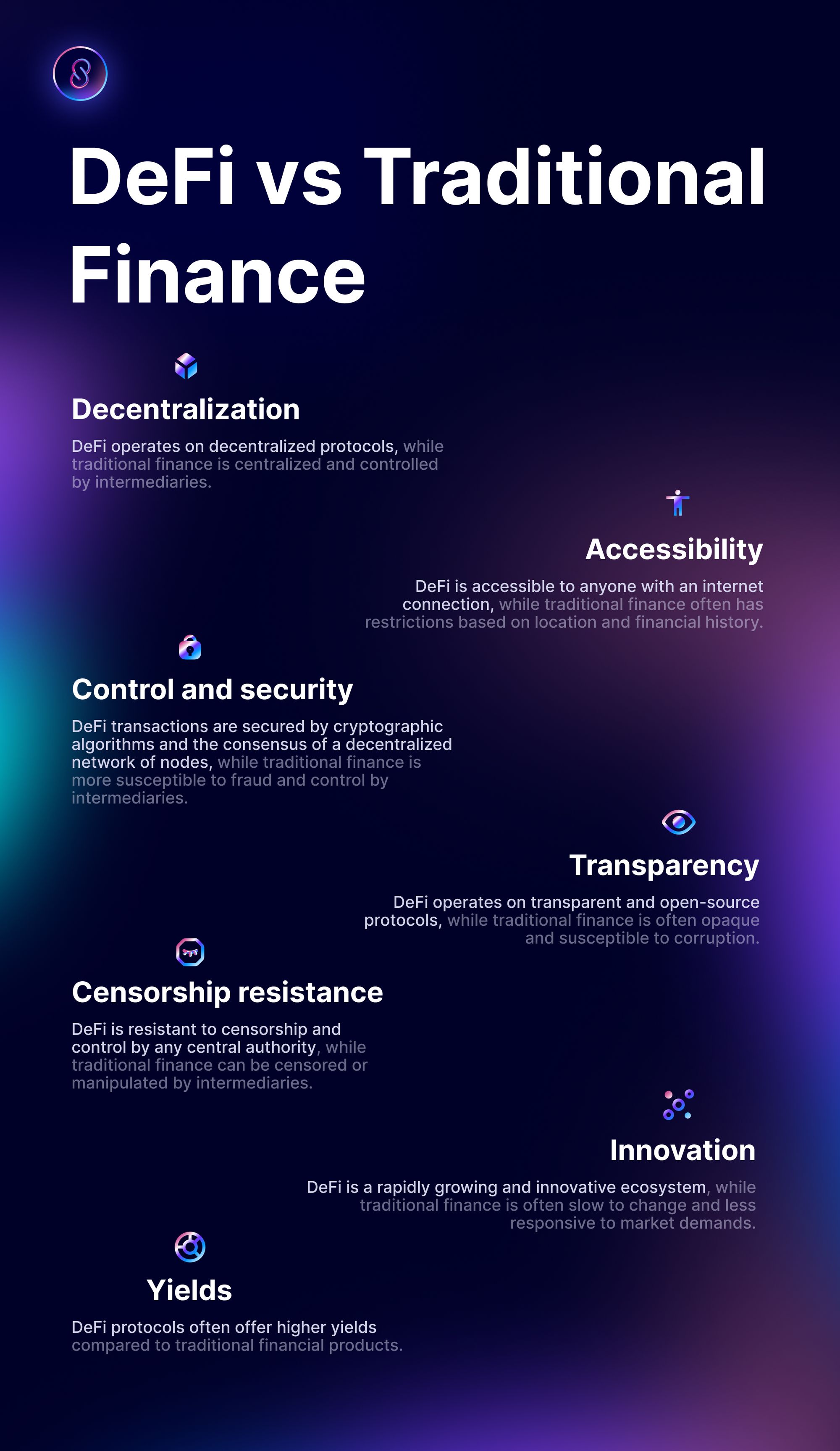
In conclusion, the rise of DeFi is changing how we think about finance. The ability to access financial services without the need for a centralized institution, greater financial inclusion for people traditionally excluded from the financial system, greater transparency in financial transactions, and greater security in financial transactions are all advantages of DeFi.
This new technology is opening up a whole new world of financial opportunities for people all over the world, regardless of their location or financial situation, and has such inherent advantages that it will ultimately replace the centralized system of banking.

Connect with InfinitySwap
Bitfinity Wallet |AMM | Twitter | Website | Telegram | Discord | Github

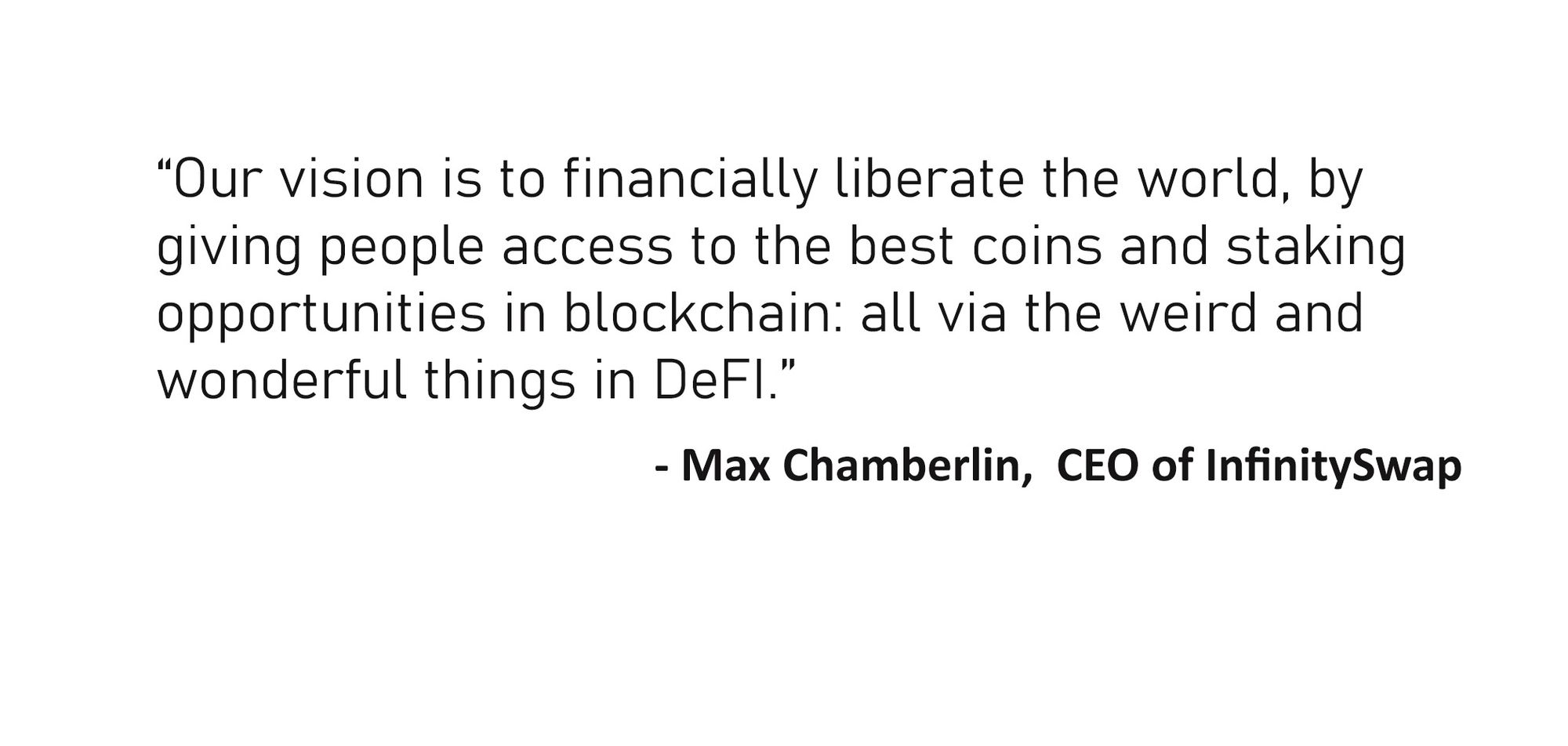


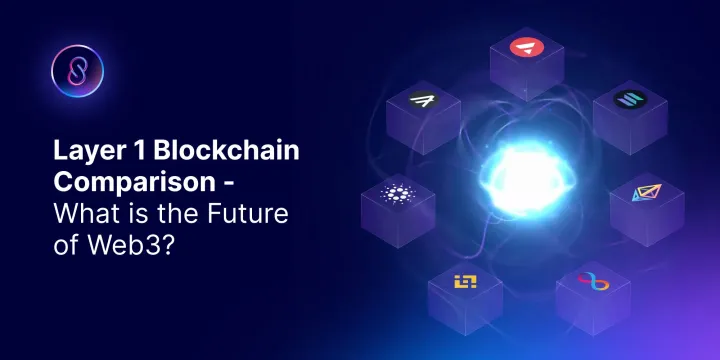
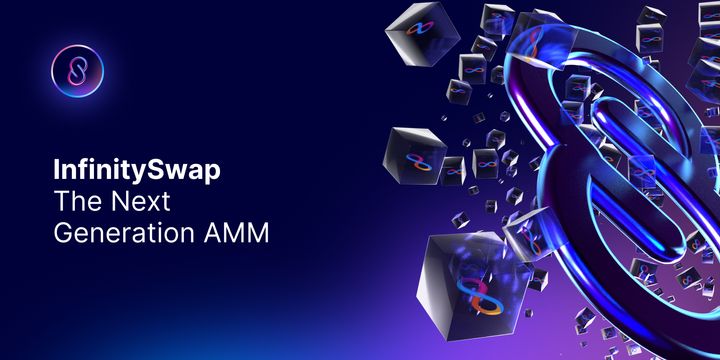

Comments ()